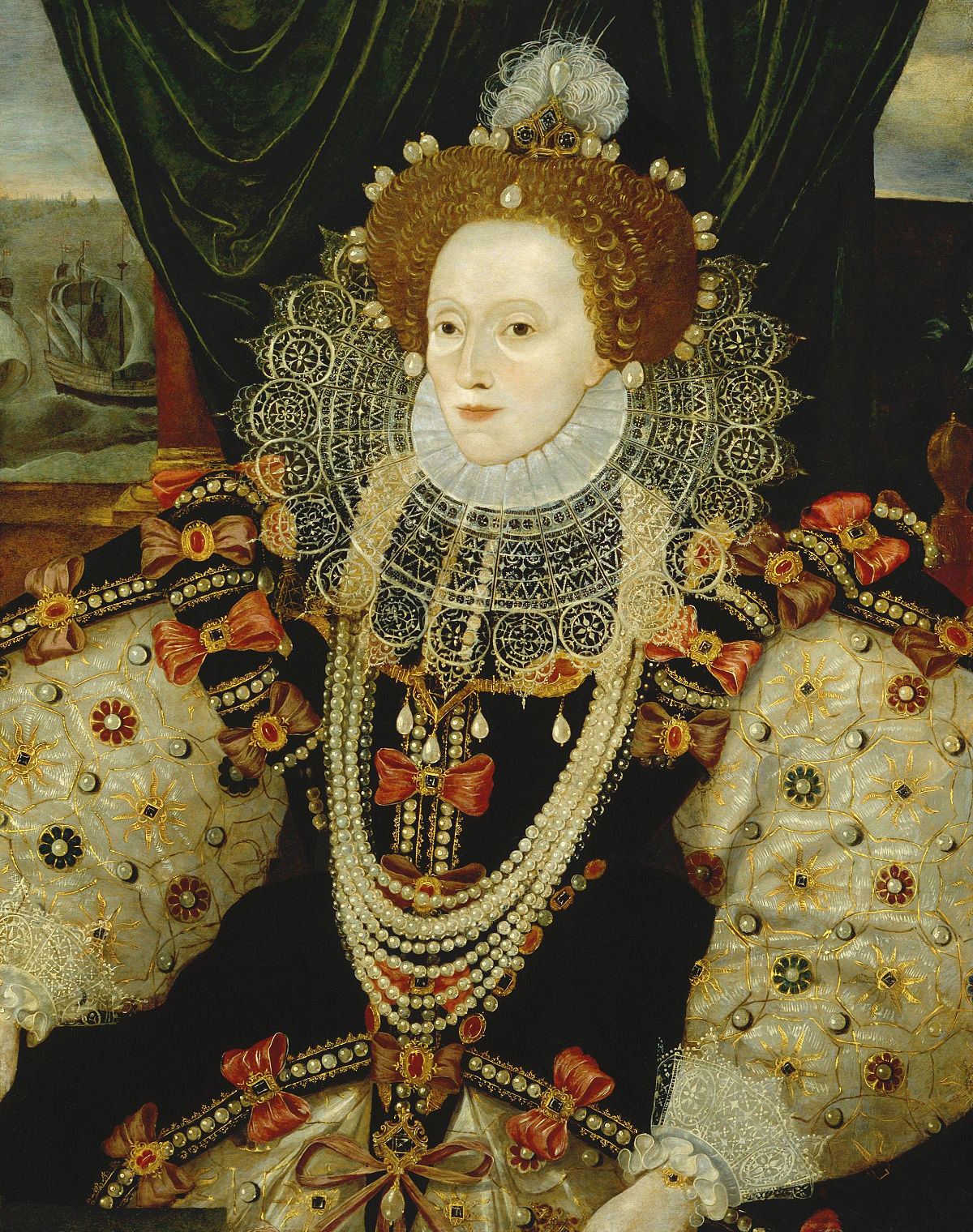
Elizabethan era
England, UKAfter Mary I died in 1558, Elizabeth I came to the throne. Her reign restored a sort of order to the realm after the turbulent reigns of Edward VI and Mary I. The religious issue which had divided the country since Henry VIII was in a way put to rest by the Elizabethan Religious Settlement, which re-established the Church of England. Much of Elizabeth's success was in balancing the interests of the Puritans and Catholics. Despite the need for an heir, Elizabeth declined to marry, despite offers from a number of suitors across Europe, including the Swedish king Erik XIV. This created endless worries over her succession, especially in the 1560s when she nearly died of smallpox.
Elizabeth maintained relative government stability. Apart from the Revolt of the Northern Earls in 1569, she was effective in reducing the power of the old nobility and expanding the power of her government. Elizabeth's government did much to consolidate the work begun under Thomas Cromwell in the reign of Henry VIII, that is, expanding the role of the government and effecting common law and administration throughout England. During the reign of Elizabeth and shortly afterwards, the population grew significantly: from three million in 1564 to nearly five million in 1616.
The queen ran afoul of her cousin Mary, Queen of Scots, who was a devoted Catholic and so was forced to abdicate her throne (Scotland had recently become Protestant). She fled to England, where Elizabeth immediately had her arrested. Mary spent the next 19 years in confinement, but proved too dangerous to keep alive, as the Catholic powers in Europe considered her the legitimate ruler of England. She was eventually tried for treason, sentenced to death, and beheaded in February 1587.
The Elizabethan era was the epoch in English history of Queen Elizabeth I's reign (1558–1603). Historians often depict it as the golden age in English history. The symbol of Britannia was first used in 1572 and often thereafter to mark the Elizabethan age as a renaissance that inspired national pride through classical ideals, international expansion, and naval triumph over the hated Spanish foe.
This "golden age" represented the apogee of the English Renaissance and saw the flowering of poetry, music and literature. The era is most famous for theatre, as William Shakespeare and many others composed plays that broke free of England's past style of theatre. It was an age of exploration and expansion abroad, while back at home, the Protestant Reformation became more acceptable to the people, most certainly after the Spanish Armada was repulsed. It was also the end of the period when England was a separate realm before its royal union with Scotland.
England was also well off compared to the other nations of Europe. The Italian Renaissance had ended due to foreign domination of the peninsula. France was embroiled in religious battles until the Edict of Nantes in 1598. Also, the English had been expelled from their last outposts on the continent. Due to these reasons, the centuries long conflict with France was largely suspended for most of Elizabeth's reign. England during this period had a centralised, organised and effective government, largely due to the reforms of Henry VII and Henry VIII. Economically, the country began to benefit greatly from the new era of trans-Atlantic trade.
In 1585 worsening relations between Philip II of Spain and Elizabeth erupted into war. Elizabeth signed the Treaty of Nonsuch with the Dutch and permitted Francis Drake to maraud in response to a Spanish embargo. Drake surprised Vigo, Spain, in October, then proceeded to the Caribbean and sacked Santo Domingo (the capital of Spain's American empire and the present-day capital of the Dominican Republic) and Cartagena (a large and wealthy port on the north coast of Colombia that was the centre of the silver trade). Philip II tried to invade England with the Spanish Armada in 1588 but was famously defeated.
